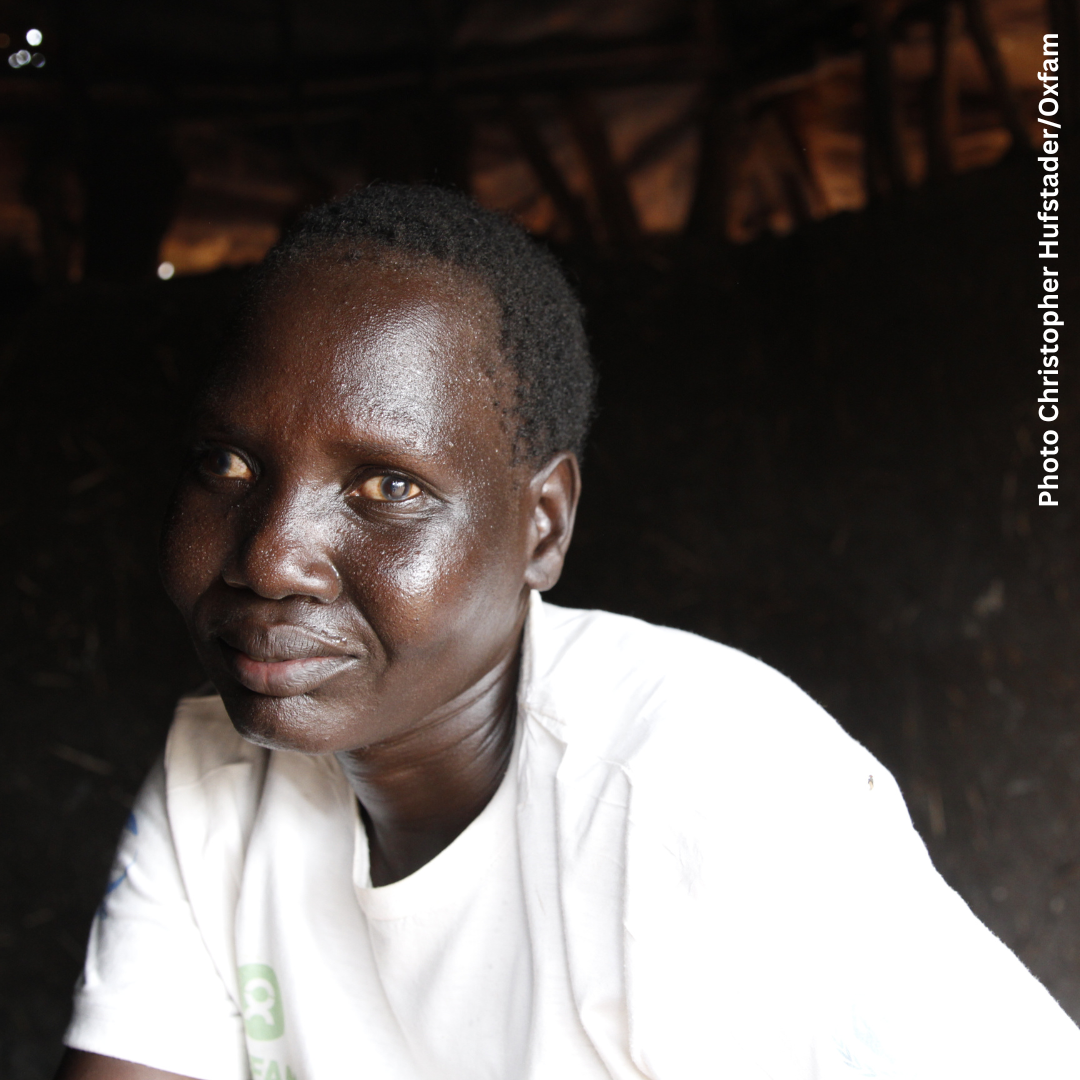The Scottish Government has announced it will give £250,000 in humanitarian aid to help people who have fled South Sudan, including those who are now sheltering in neighbouring Ethiopia.
The Scottish Government’s money has been split between Oxfam Scotland and Christian Aid Scotland. Each agency’s response will receive £125,000.
According to the UN, over two million people – mostly women and children – have fled violent conflict in South Sudan over the past decade, seeking safety in neighbouring countries.
Over 385,000 refugees from South Sudan are currently living in seven camps across the Gambella region in western Ethiopia, where Oxfam is the lead agency providing water, sanitation, and hygiene for all seven refugee camps.
The Scottish Government funding, which comes from the Humanitarian Emergency Fund, will allow Oxfam to upgrade and repair the existing water supply systems and support community-led sanitation initiatives. This includes building 100 new latrines and distributing vital supplies, such as 300 menstrual hygiene kits and 500 ‘WASH’ kits which comprise of two jerry cans and five bars of soap each.
Gezahegn Kebede, Country Director of Oxfam in Ethiopia, said: “The South Sudanese refugee crisis remains one of the world’s darkest secrets, despite its staggering magnitude as Africa’s largest refugee crisis and the fifth largest globally. For years, South Sudanese refugees have been left to languish in obscurity, forgotten by both media and international donors.
“This welcome aid from the Scottish Government is more than just a lifeline; it’s an important expression of solidarity with the refugees themselves and Ethiopia which is hosting them despite its own severe challenges. We hope this funding helps shine a spotlight on the plight of the South Sudanese and catalyses a global response which alleviates years of chronic underfunding; allowing people to live in both safety and dignity.”
Oxfam has been providing assistance to refugees in Gambella for over a decade, but a huge funding shortfall is compromising our ability to provide lifesaving services.
Nyatoni Row is a resident of the Nguenyyiel refugee camp in the Gambella region. She arrived in Ethiopia on foot eight years ago, walking for weeks carrying her one-month-old baby and two-year-old child.
Like thousands of others displaced by war, Nyatoni mainly survives on food aid and uses Oxfam-supported water piped into Nguenyyiel that is also providing her family with a latrine that she shares with her neighbours.
She says Oxfam is doing essential work to provide water to the camps in Gambella and nearby communities, adding: “Oxfam plays a vital role in providing water and sanitation to us. We have latrines, and we have water supply through pipelines.”
With much-needed peace and stability continuing to elude South Sudan, Oxfam is calling on governments around the world to provide urgent, significant and sustained funding to meet the needs of South Sudanese refugees, like Nyatoni, in Ethiopia.
Jamie Livingstone, Head of Oxfam Scotland, sits on the Scottish Government’s Humanitarian Emergency Fund Panel, which features eight leading humanitarian organisations in Scotland who collaboratively recommend projects for funding.
He said: “The Scottish Government deserves significant credit for allocating it’s small, but vital humanitarian funding not just to high-profile emergencies like Gaza or Ukraine, but also to those crises that unfold well away from the world’s attention – and the refugee crisis resulting from the situation in South Sudan is a stark example.
“Importantly, Oxfam is not only ensuring that water and sanitation facilities in Gambella are safer and more accessible to women and girls, and people with disabilities, but also supporting local actors to take ownership over their ongoing maintenance.
“This twin approach of inclusive and locally-led humanitarian response, underpinned by safe programming, is critical to ensuring refugees get the critical support they need.”
Please, if you can, donate to Oxfam’s Emergency Response work globally.
